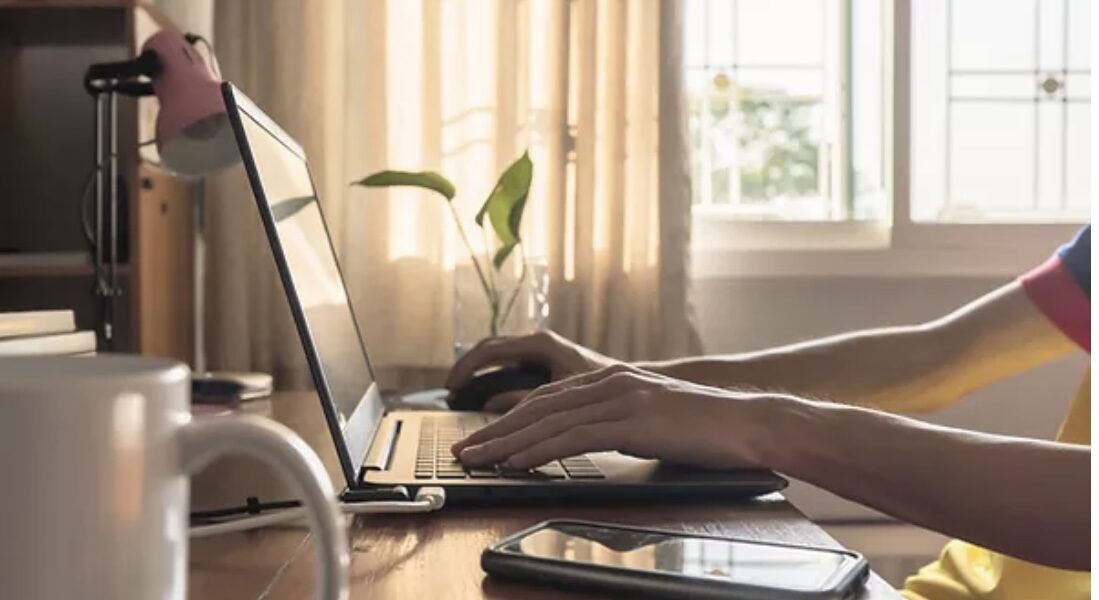Social media is a powerful tool for staying connected and informed, but for highly sensitive and empathic individuals, it can also be a source of significant stress and anxiety, especially when it comes to political content.
The constant increase of opinions and emotions can lead to sensory overload and emotional fatigue. This was one of the reasons I decided to take a break from Facebook.
Facebook for me became a source of stress and anxiety. I found that many people used the platform to voice their opinions without considering the impact their words might have on others. The judgmental and often harsh nature of these posts made it difficult for me to maintain my emotional well-being. It felt like I was constantly bombarded with negativity, criticism, and very judgmental and mean posts which were draining to me.
Being an empath and a highly sensitive person is a superpower, you’re not weak!
How to manage your social media more comfortably.
Understanding Your Sensitivity
As a highly sensitive person, you have a heightened emotional response to the world around you. This means that what might be a minor annoyance for others can feel overwhelming to you. Empaths go a step further, often absorbing the emotions of others as if they were their own. This can make scrolling through social media, with its constant stream of emotional and often disagreeable content challenging. The thing is, everyone has an opinion and that is ok. That’s what I think can make the world great. We are our own individuals with our own personalities. But when some people are always mean and negative bashing others that is when it is ok to unfollow and mute.
Set Boundaries
1. Limit Your Exposure: Set specific times of the day for checking social media. Avoid checking it first thing in the morning or right before bed. This helps you start and end your day without added stress.
2. Curate Your Feed: Follow accounts that bring you joy, inspiration, and positivity. Unfollow or mute accounts that frequently post content that makes you anxious, especially around politics.
Mindful Consumption
1. Be Selective: You don’t have to read or watch everything that comes across your feed. Be selective about the content you engage with. If a post starts to make you feel anxious, it’s okay to scroll past it.
2. Fact-Check: In the heat of political debates, misinformation can spread quickly. Before reacting to or sharing political posts, take a moment to verify the facts. Reliable information can help reduce anxiety and prevent the spread of falsehoods.
Self-Care Strategies
1. Take Breaks: If you feel overwhelmed, take a break from social media. Even a short break can help you reset and reduce anxiety.
2. Practice Grounding Techniques: When you start to feel anxious, use grounding techniques like deep breathing, meditation, or a brief walk. These activities can help calm your mind and body.
Seek Support
1. Connect with Like-Minded Individuals: Find online communities of other highly sensitive and empathic individuals. Sharing experiences and coping strategies can provide comfort and support.
2. Talk to Someone: If the anxiety becomes too much to handle on your own, don’t hesitate to reach out to a trusted friend, family member, or mental health professional.







